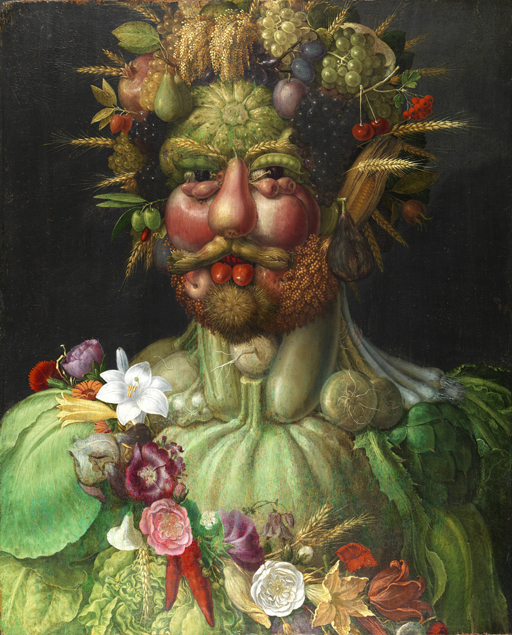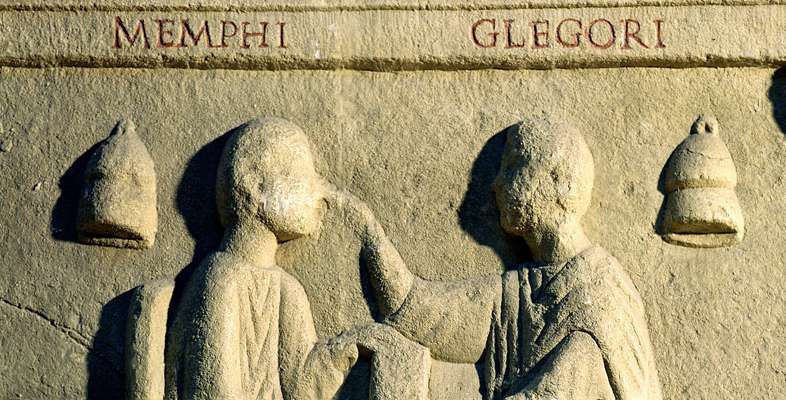1.3 Vegetarianism and other exceptional diets
Today, vegetarianism is relatively mainstream; people refuse to eat meat on religious grounds, or for moral or health reasons. But in the ancient world, although people ate relatively little meat, being completely vegetarian was regarded as very odd. One group advocated vegetarianism as well as the avoidance of beans: the Pythagoreans. These were the people who, throughout antiquity, lived by the principles first expounded by the philosopher Pythagoras (sixth century BCE).

Activity _unit3.1.2 Activity 2
Go online and find information about the diet of the ancient athlete Milo of Croton, and of other Pythagoreans. You will find conflicting stories about what Milo ate.
What did you find out about the way ancient Greeks or Romans viewed vegetarianism?
Next you will consider the archaeological evidence for food and health.
